Acorn squash is a delicious and visually appealing alternative to traditional carbohydrate sources.
It's nutritious and tasty, a winning combination. In addition, it has the potential to offer numerous beneficial health effects. Along with pumpkin and butternut squash, acorn squash is one of the most well-liked of the winter squash varieties. Acorn squash gets its name from its shape, which resembles a disc at the top and an angled, elongated pavilion at the bottom. The mildly nutty flavour of an acorn squash's delicious, yellow-orange flesh.
Table of Contents
- What is acorn squash?
- Acorn squash nutritional facts:
- Which is healthier: acorn or butternut squash?
- Which is healthier: acorn squash or sweet potato?
- How to eat acorn squash?
- Health benefits of acorn squash:
- Ways to incorporate Acorn Squash:
- Side effects of Acorn Squash:
- Frequently asked questions on Acorn Squash:
What is acorn squash?
Acorn squash, or Cucurbita pepo, is a member of the family Cucurbitaceae and is commonly referred to as winter squash. Dark green, orange, yellow, and white are the most frequently seen colours. Intriguing sweet, savoury, and spicy soup and syrupy recipes can be created using these. The yellow and orange types of acorn squash are very high in beta-carotene and magnesium, and their flavour is similar to that of butternut squash. They protect against high blood pressure, stroke, and cardiovascular disease, and are good for the eyes as a result.
Acorn squash nutritional facts:
The 0.1 g of fat per 100 g that is found in acorn squash is quite minimal. The majority of this fat (0.042 grams) comes from polyunsaturated sources, which are helpful for slimming down. Sugar content is also lower than in summer and winter variants. Due to its minimal carb content, squash is an excellent addition to any diet. Although acorn squash is not particularly high in protein, it does contain a negligible amount (0.8 grammes per 100 grammes).
Vitamin C, folate, calcium, zinc, iron, beta-carotene, potassium, and magnesium are all present in a 100g serving of raw acorn squash. Thiamin, selenium, riboflavin and vitamin B are all present, albeit in lower concentrations. The beta-carotene in acorn squash is good for your eyes and skin. Carotenoids have been found to reduce the risk of strokes and cancer in a number of studies.
There are 347 mmol of potassium, 36 mmol of phosphorus, and 32 mmol of magnesium in a 100 g serving of acorn squash. They help with things like maintaining a healthy blood pressure and immune system and maintaining fluid balance inside cells and tissues.
Which is healthier: acorn or butternut squash?
Due to its low carb content, acorn squash is more healthful than butternut. Compared to butternut squash, it is higher in insoluble dietary fibre and mineral content. Furthermore, acorn squash has more potassium than butternut squash.
Which is healthier: acorn squash or sweet potato?
Because of its high beta-carotene and fibre content, acorn squash is a better choice for your health than sweet potato. It is a low-carb vegetable that can aid in weight loss.
How to eat acorn squash?
Grilled:
Remove the squash's seeds by slicing it in half lengthwise. Cut the squash into thin crescents, about an inch in width. Grill the crescents for about three minutes per side, brushing each side with coconut or avocado oil. To taste, season with salt and pepper.
Baked:
Remove the squash's seeds by slicing it in half lengthwise. Oil the cut sides, then bake at 400 degrees with the cut sides down on a baking pan. Bake until a fork can easily pierce the skin, about 30 to 40 minutes. Remove the pulp and season it with salt and pepper to your liking.
The seeds, like pumpkin seeds, can be roasted in the oven for a tasty and nutritious snack.
Health benefits of acorn squash:
Acorn Squash Beautifies Skin:
The antioxidants in acorn squash, such vitamin C and beta carotene, protect the skin from sun damage. Consumption of acorns has been linked to a reduced risk of squamous cell carcinoma of the skin. In addition, it removes scars, speeds up the skin's recovery time, and slows down the ageing process.
Improves Eyesight:
The vitamin and mineral content of acorn squash aids in better eyesight and prevents night blindness. It is rich in beneficial antioxidants including beta-carotene and vitamin C. Furthermore, research shows that it plays a crucial part in enhancing visual acuity. To put it simply, beta-carotene is an antioxidant. It aids in the repair of injured cells and the reduction of oxidative stress in the eyes.
Lowers High Blood Pressure:
The high levels of magnesium and potassium in acorn squash boost the activity of enzymes and other cellular processes. A high potassium intake has been shown to aid in the maintenance of normal blood pressure.
Potassium has been shown to relieve tension, promote vasodilation, and relax blood vessels. It also aids in preventing cell and tissue dehydration.
Increase Bone Density:
Acorn squash consumption is associated with decreased risk of osteoporosis and increased bone regeneration. Micronutrients including calcium, magnesium, iron, zinc, folate, and phosphorus are abundant, which aids in the quick recovery of broken bones. In addition, acorn squash eating promotes bone mineralization.
Diabetes Controlled by Eating Acorn Squash:
Dietary fibre, which is abundant in acorn squashes, is a non-nutrient element that aids in weight loss by increasing satiety. In addition, the bloating, gas, and pain associated with gastrointestinal issues including constipation and diarrhoea are alleviated. Additionally, a study found that people who ate a high-fibre diet had lower fasting blood glucose and cholesterol levels.
Strengthens Defences:
Vitamin C (ascorbic acid) and other natural antioxidants can be found in abundance in acorn squash. Benefits are seen in conditions involving the skin, eyes, teeth, arteries, brain, heart, and so on. Scientists have shown that vitamin C helps the body's immune system tremendously. Increased production of white blood cells aids in the elimination of dangerous bacteria and viruses.
Anti-inflammatory Properties of Acorn Squash:
Natural antioxidants like vitamins C and A found in acorn squash have been shown to help reduce inflammation by flushing the blood of toxins and waste. It aids the repair of injured cells and promotes speedy healing. Cancer, heart disease, and other degenerative conditions can all be averted with the help of antioxidants.
Preparation and serving method:
To remove sand and grime off fruit at home, wash it in cold water. Take off the excess of the stem. The skin of an acorn squash is quite tough because it is a member of the winter squash family.
If you plan on using the fruit in a recipe, you should cut it into bite-sized pieces, such as cubes, wedges, or even simply halves. It's popular in several preparations, including mash, puree, stuffing, grilling, roasting, etc.
Acorn blooms, infant fruits, and young sensitive shoots and tendrils are all tasty treats, just like those found on other types of squash. Male flowers are typically collected for their pollen, which is used in baking, stuffing, and frying. Flowers should be cut open and thoroughly inspected for bugs before use. Remove any calyces that are stuck at the bottom by pulling on them.
Ways to incorporate Acorn Squash:
Acorn squash is a great addition to salads since it is both fresh and delicate.
Squash flowers are dipped in a chickpea flour batter and deep-fried till golden and crispy.
It can be used in similar ways to pumpkin, such as in baked goods.
Soup made from acorn squash puree, onions, carrots, and garlic.
To prepare, cut the fruit in half, remove the seeds, then stuff each half with a mixture of cheese, mushrooms, and herbs before baking.
The seeds of acorn squash make a tasty snack. To enjoy the seeds, simply toast them in the oven.
Side effects of Acorn Squash:
Antioxidative stress can develop from eating too much acorn squash when pregnant because of its ability to neutralise free radicals, which are chemical poisons. It may also lead to food poisoning, indigestion, nausea, vomiting, and diarrhoea.
Frequently asked questions on Acorn Squash:
Is the acorn squash skin edible?
The skin of an acorn squash is edible and contains a lot of fibre. Irritable bowel syndrome (IBS) and other digestive diseases can be alleviated by increasing fibre intake. It makes you feel full and aids in maintaining stable blood sugar.
Is acorn squash good for digestion?
With its nearly 1.5 grams of dietary fibre, acorn squash is a great way to keep your digestive tract regular and your bowels moving smoothly.
Is it healthy to consume squash on a daily basis?
Yes, acorn squash is high in antioxidants, which aids in reducing oxidative stress and encourages the excretion of toxins. Vitamin C and beta-carotene are essential for good vision and skin health.
Can I use squash for protein or carbs?
Squash contains healthy carbs like fibre. Constipation and other digestive issue symptoms can be alleviated thanks to the increased bulk in the diet. However, its protein content is low.
Does eating squash increase your blood sugar?
With its nearly 1.5 grammes of fibre, this vegetable is an excellent choice for maintaining healthy glucose and cholesterol levels. In addition to being able to help reduce harmful LDL cholesterol, acorn squash has no cholesterol. The insoluble fibres in acorn squash rind also aid in maintaining steady blood sugar levels. As a result, squash is useful, and its anti-oxidant properties aid in controlling blood sugar levels. However, this can lead to high blood sugar if consumed in excess.
Is acorn squash safe for diabetics to eat?
Acorn squash is suitable for diabetics. The dietary fibre content of squashes is exceptionally high. By increasing satiety and assisting in glucose regulation, this aids in the prevention of gastrointestinal problems.
Are acorn squashes complex carbohydrates?
Unlike non-starchy veggies like broccoli and greens, acorn squash is high in carbs. This is due to the fact that acorn squashes are a good source of complex carbohydrates, have a high fibre content (polysaccharides), and are sugar-free.
Could you tell me if squash fits within the keto diet?
You can have acorn squash in your keto diet if you combine it with other high-fat, high-protein items like eggs, chicken, etc. To stay in ketosis, limit your daily carbohydrate consumption to 20-30 grams.

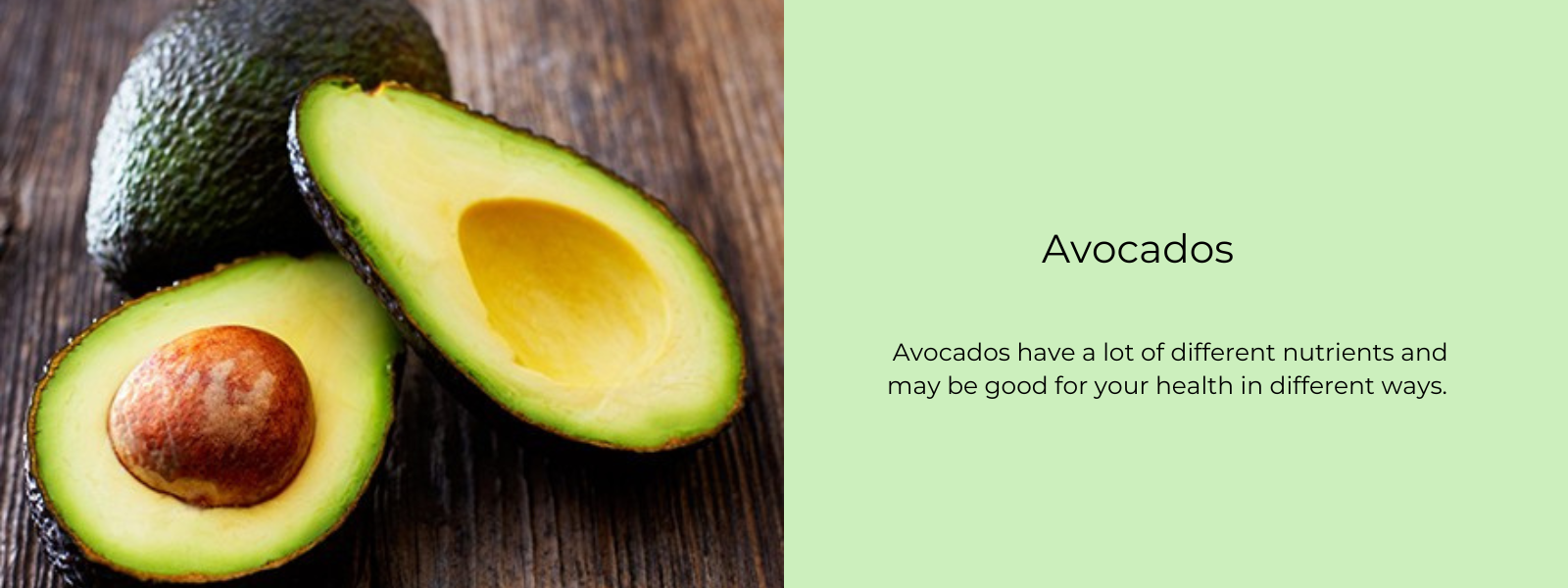
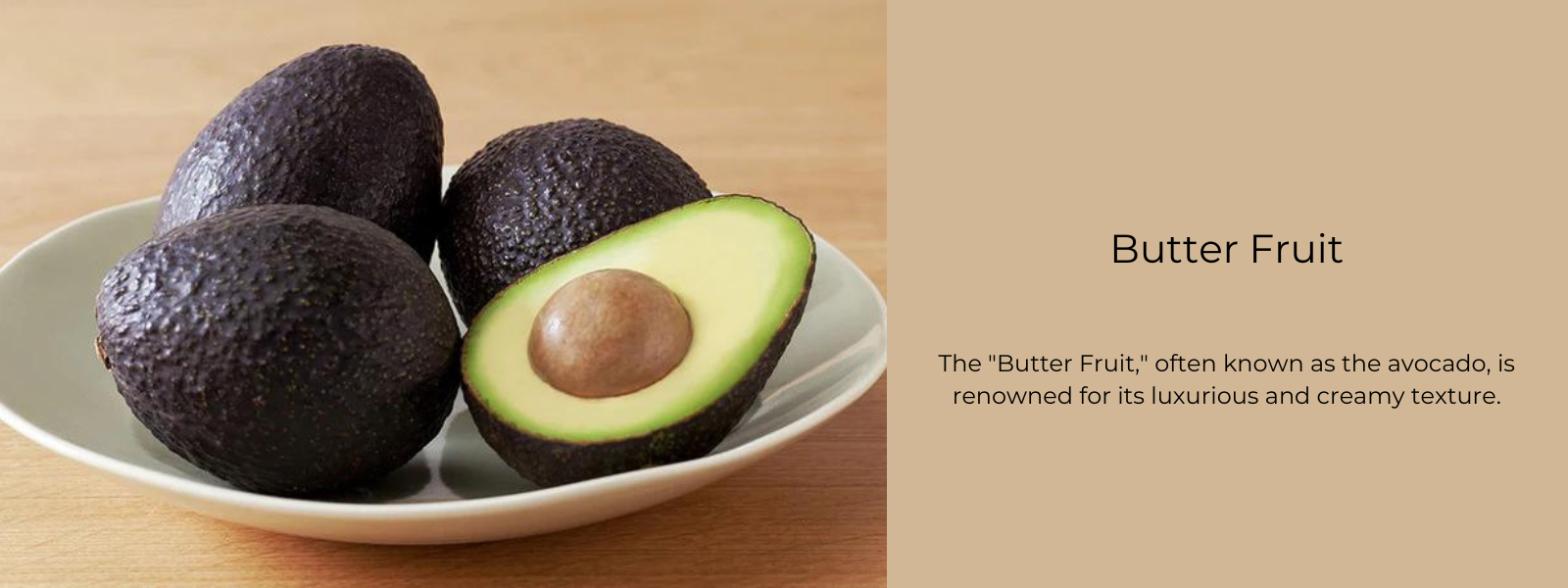
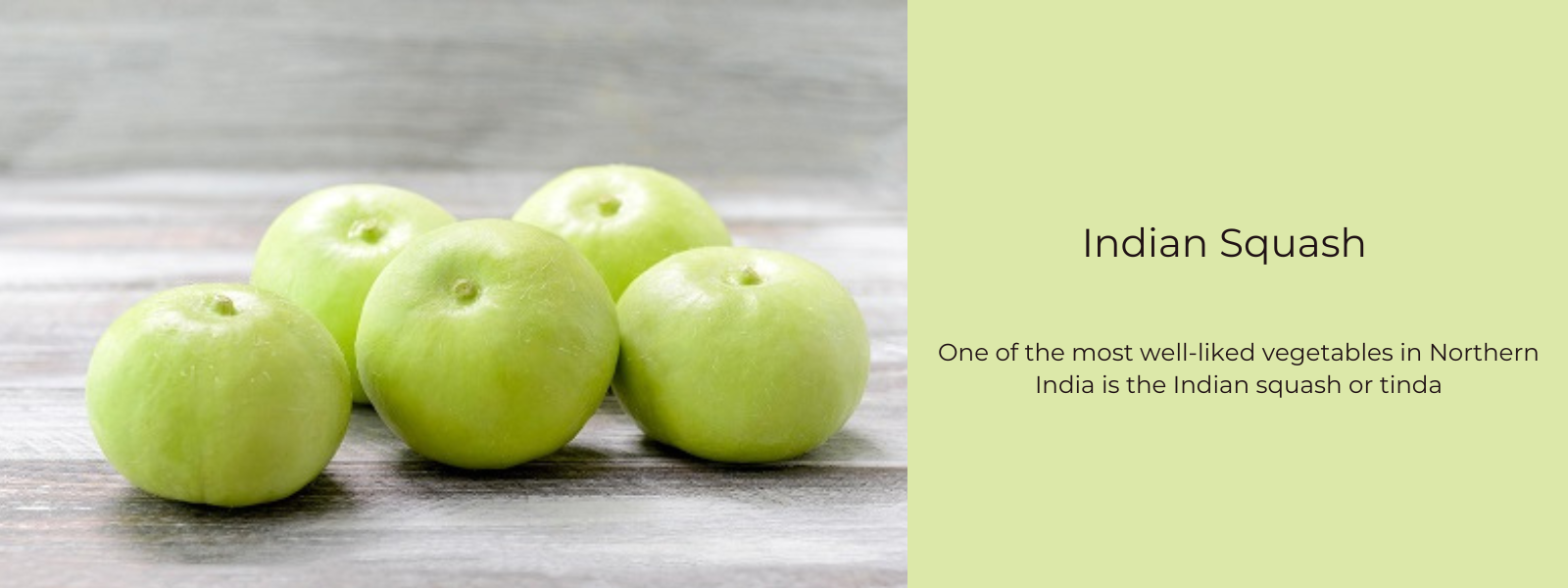
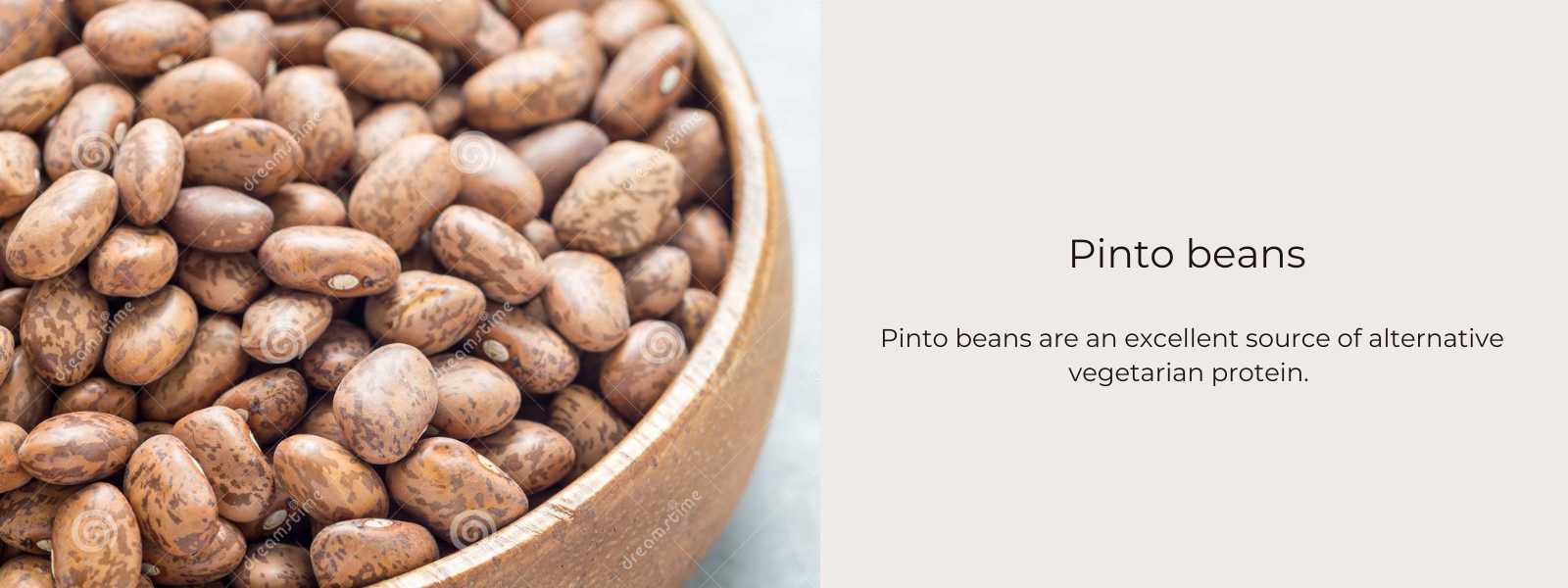

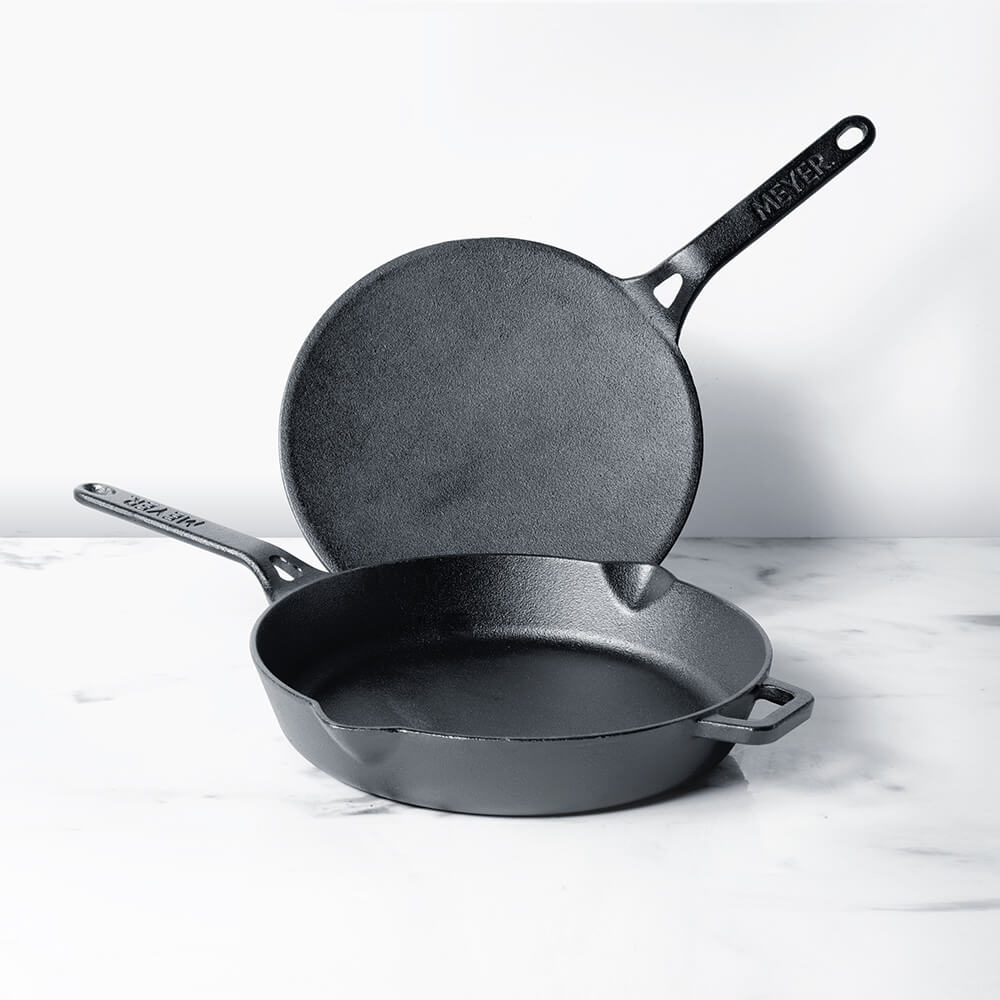




Leave a comment